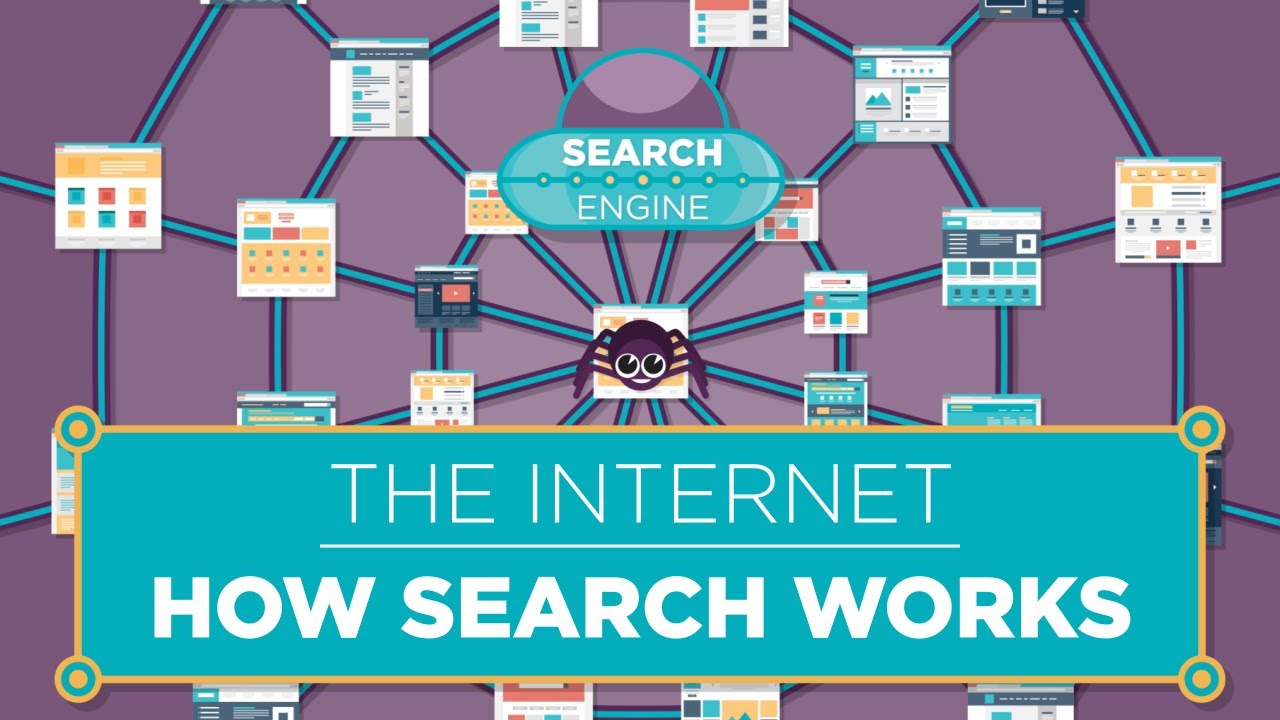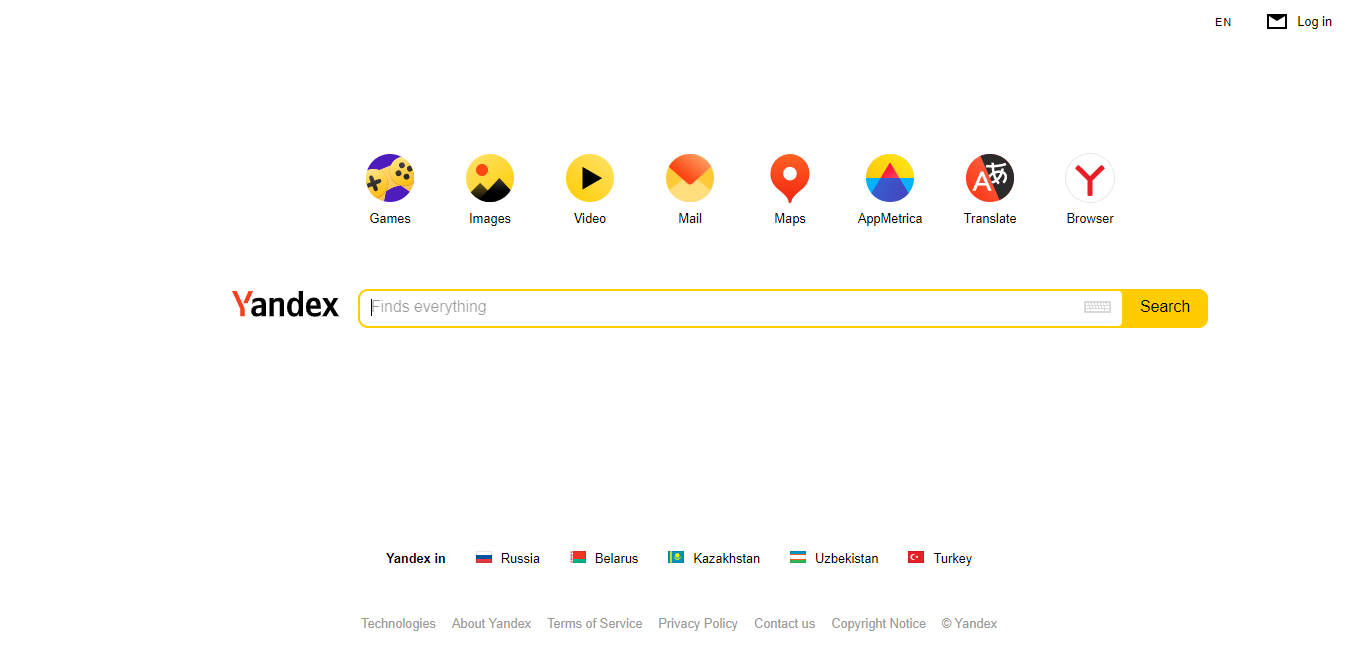For this middle-aged actor and TV personality looking for a decent laser printer online, one search enginefailed to deliver.
Adam Savage vlogged about what happened through his YouTube channel Adam Savage’s Tested.
Uploaded on May 5, 2022, here’s the title of the six-minute-42-second video: “Adam Savage's Rant on Laser Printers.”
And Google (he’s supposed to add them).
His laser printer primarily disappointed him with the result of a printout. So, he thought he should get a better one.
Thinking the Internet would come to his rescue, the result of his online search upset him, too.
Savage shared his frustration on Google, the search engine he used, to his 5.8 million subscribers.
The 54-year-old former co-host of Discovery Channel’s “MythBusters” raged about how he needed to “go through several pages before” he found what he’s looking for.
Had a similar experience like Savage?
Though it’s a familiar Internet terminology, there’s still a lot more to know about a search engine.

The Internet: How Search Works
Search Engine Meaning
Techopedia offers a simple explanation of what a search engine is:
“„A search engine is a service that allows Internet users to search for contentvia the World Wide Web.
This definition is close to the ones given by other online resources.
However, instead of “service,” they use the term “computer software,” software program,” “software system,” or just “software.”
Adam Savage used Google, an example of a search engine, to look for information regarding laser printers on the Internet.
He typed (or Googled) “large format laser printer.”
When talking about online search or search engine, those words he used are called “keywords.”
These “keywords or key phrases,” according to Techopedia, serve as the Internet user’s inquiry or request for information/data.
A search engine, through which such inquiry or request has been made, will provide answers (or search results) “in the form of websites, images, videos, or other online data.”
“Search query” is another term for the keyword/keywords/key phrase used by an Internet/web user.
Search Engine Ranking
Adam Savage guessed what his viewers had in mind – and what they could possibly be saying/suggesting to him – when he mentioned Google.
Therefore, he told them:
“„No, I didn’t try Bing. I didn’t try Bing yet . . . and, sure, [I’ll also try] DuckDuckGo. I’m sure there are others [that I could try].
Microsoft Corporation’s Bing and the 43-year-old American businessman Gabriel Weinberg’sDuckDuckGoare two other examples of a search engine.
And, yes, Savage was right in saying “there are others” out there, not only Google, though it’s the one reigning supreme.
Listed below are examples of search engines and ranked by digital marketing agency Reliablesoft according to their popularity as of 2022:
1. Google (founded/launched: September 4, 1998; global market share: 88.28 percent)
2. Microsoft Bing (June 3, 2009; between 2.83 percent and 12.31 percent)
- formerly Bing
- renamed in October 2020
3. Yahoo (launch of Yahoo! Search: March 2, 1995; 1 percent)
4. China’s Baidu (January 1, 2000; between 0.68 percent and 11.26 percent)
5. Russia’s Yandex (September 23, 1997; between 0.5 percent and 1.16 percent)
6. DuckDuckGo (February 29, 2008; approximately 0.66 percent)
7. Ask.com (June 1, 1997; approx. 0.42 percent)
- formerly Ask Jeeves
- renamed in February 2006
8. Germany’s Ecosia (December 7, 2009; approx. 0.10 percent)
9. AOL (May 24, 1985; nearly 0.05 percent)
10. Internet Archive (May 12, 1996; search engine is archive.org)
Search Engine Results Page
After Adam Savage searched Google for “large format laser printer,” the said search engine came up with a list of results.
That list is called the search engine results page (SERP).
For The BusinessProfessor, a businesssearch engine platform:
“„SERPrefers to a list of results or information that a search engine compiles. This list of results is only displayed after a web user launches a search or makes an enquiry using the search engine.
Email marketingcompany Mailchimp identified three types of search query, namely:
a. Navigational query
- when searching for a specific website
- for example: “amazon,” “facebook,” “unicef”
b. Informational query
- when looking for information/data about a broad topic
- when the Internet user wants to learn how todo (build, create, cook, etc.) something
- for example: “pet dogs,” “how to make pancakes” (or simply “making pancakes”), “covid 19 infographics”
c. Transactional query
- when looking for something to purchase or to avail a specific product/service or something from an extensive category/selection
- for example: “15 inch HP laptop,” “dslr,” “dry cleaning”
Savage’s search query falls under transactional query because he was looking for a laser printer to buy.
Search Engine Optimization
As previously mentioned, a search engine results page (SERP) is basically a list of results (generally speaking, a list of websites) for an Internet user’s search query.
It may not be noticeable but such lists of websites are not randomly listed.
Each website appears in such a list as a result of what is referred to as search engine page rank.
The more Internet users visit a certain website, the higher the chances that it will “appear at or near the top of a SERP,” according to marketing company TechTarget.
It’s important for a website to have a good rankingbecause Internet users will immediately know about its existence.
How to have a good search engine page rank?
One way to do that is through search engine optimization(SEO).
Techopedia gives this definition for it:
“„Search engine optimization (SEO) refers to methods used to increase traffic to a website by increasing its search engine page rank.
High number of visitors (or in other words, increased web traffic) can be attained through SEO.
SEO affects how a content is written.It guides writers, for example, on where to place keywords on an article.
Such positioning will optimize – increase – the chances for that content (and the website where it is found) to be ranked well by a search engine.
Search Engine Bias
What is this bias that relates to a search engine?
Neeva, a California-based software company, has this to tell:
“„Search engines want to show results that people will click on, which means that they are biased towards engagement.
When we say engagement in the World Wide Web, it pertains to the response of an Internet user to a website and to its contents.
Neeva is questioning whether engagement is enough basis or proof that a website has quality content.
It argues that advertising motivates engagement. Adscan influence Internet users to visit a website and to “click around.”
Furthermore, the following factors, according to Neeva, can make search results become biased:
a. Location
A search query for “pizza” will include results showing pizza restaurants near or within the vicinity of where the Internet user is currently located.
b. Search history
A search engine can refer to an Internet user’s browser history when showing results for a search query.
c. Offensive content
According to a 2018 article published by NBC News, UCLA Professor Safiya U. Noble, Ph.D. once made a search query for “black girls.”
Prof. Noble wanted to inform her nieces and stepdaughter about websites showing black girls in the context of history and pop culture.
Instead, the results showed her a list of porn sites.
People Also Ask
What Is A Search Engine Evaluator?
A search engine evaluator is a “tech-savvy” person, according to FlexJobs, who assesses and grades “the search results that return when searching for a specific term.”
Similar job titles:
- web search evaluator
- search evaluator
- internet assessor
- ads quality rater
What Is The Difference Between SEO And SERP?
SERP is the list of results for a search query. SEO is a method applied to make a website appear on the first page or, better, on the top of the SERP.
Is Google Search Engine Bias?
Per, Neeva, yes, there is bias in the Google search engine.
Google uses the location and search history of Internet users.
What Is The Least Biased Search Engine?
One of them is Neeva.
As a search engine, it promotes itself as an “ad-free, private search.”
Neeva also describes DuckDuckGo and the Dutch search engine Startpage (launched: 1998) as least biased because they “don’t collect . . . personal information” of Internet users.
Conclusion
Rich in information, a search engine helps Internet users navigate the World Wide Web.
Though complaints (from celebrities and the average Joe alike) are commonplace, it can’t be denied how reliable the web is as a source of information.
Each search engine should therefore strive to improve how it works, how it ranks websites, and how it combats biases.


